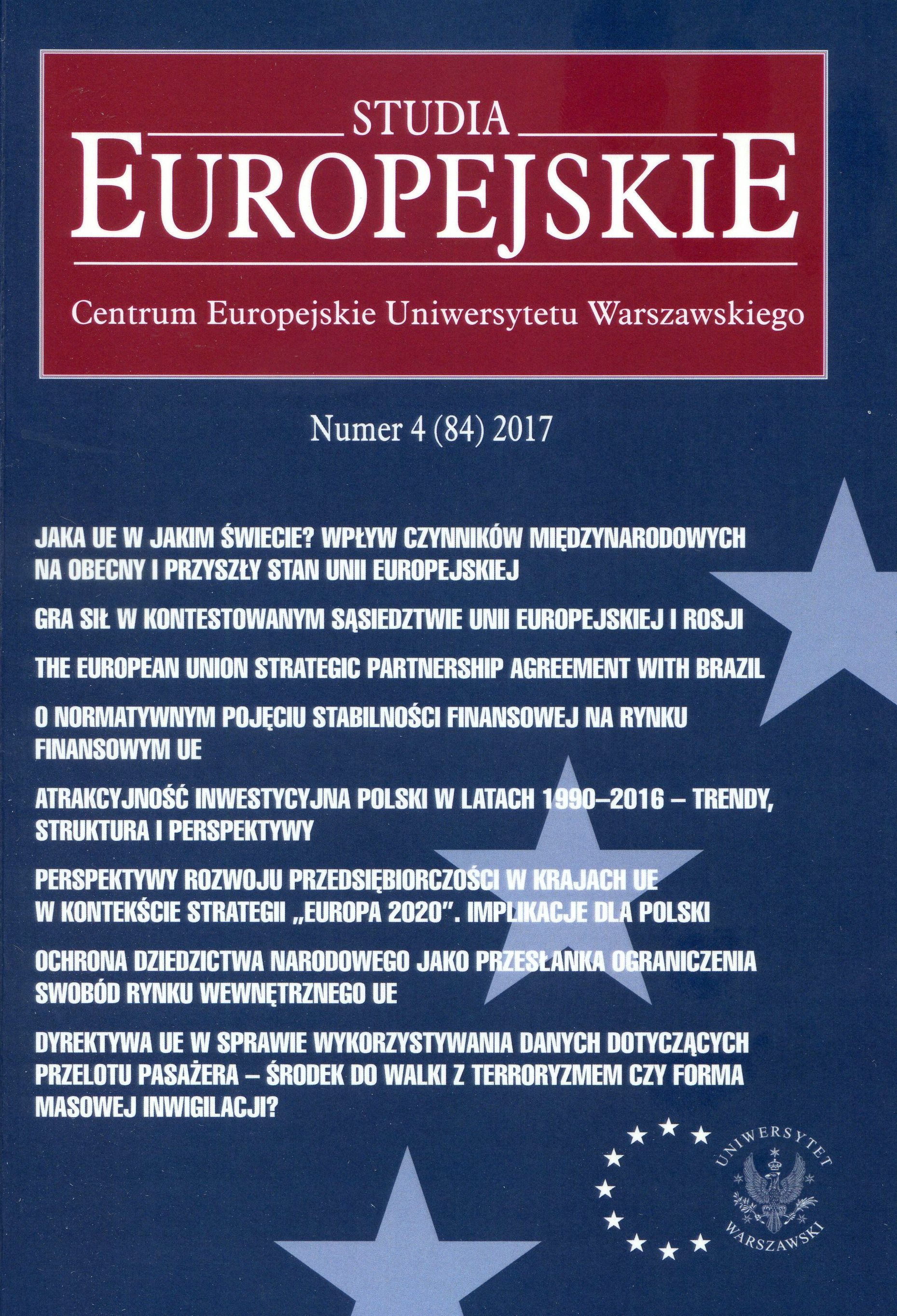Rynek pracy po akcesji Polski do UE
Labour Market After Poland’s Accession to the EU
Author(s): Przemysław DubelSubject(s): Politics, Economy, Public Administration, Public Law
Published by: Centrum Europejskie Uniwersytetu Warszawskiego
Keywords: Labour Market; Unemployment; Labour Market; Institutions;Employment;
Summary/Abstract: Fighting unemployment in the EU has been and still is the most serious challenge to economic policy. Poland’s entry into the EU meant not only the opening of European labour markets to Poles, but also significant transformations that made our market more flexible and which have helped alleviate the effects of the global financial crisis. The new situationis a new challenge with regards to increasing productivity and the ability of the economy to create new jobs. Unfortunately, apart from the positive effects of the transformation, unfavorable phenomena have emerged includingthe too-frequent use of fixed-term contracts by employers. This unfavorable phenomenon lessens an employer’s motivation to invest in an employee and to improve his or her qualifications and in the longer term worsens the socio-economic situation. The author of this article has attempted to assess the functioning ofthe labour market, taking into account the years 2012–2016. The choice ofthis particular period is directly related to the pace of the economic changesthat took place at that time and the incubation of new, unidentified problems such as the following; the impact of EU funds on increasing thecompetitiveness of employers in the employment process and the phenomenon of the economic and financial recession, which at the turn of causeda significant rise in unemployment and a decrease in employment.
Journal: Studia Europejskie
- Issue Year: 21/2017
- Issue No: 4 (84)
- Page Range: 235-251
- Page Count: 17
- Language: English, Polish

